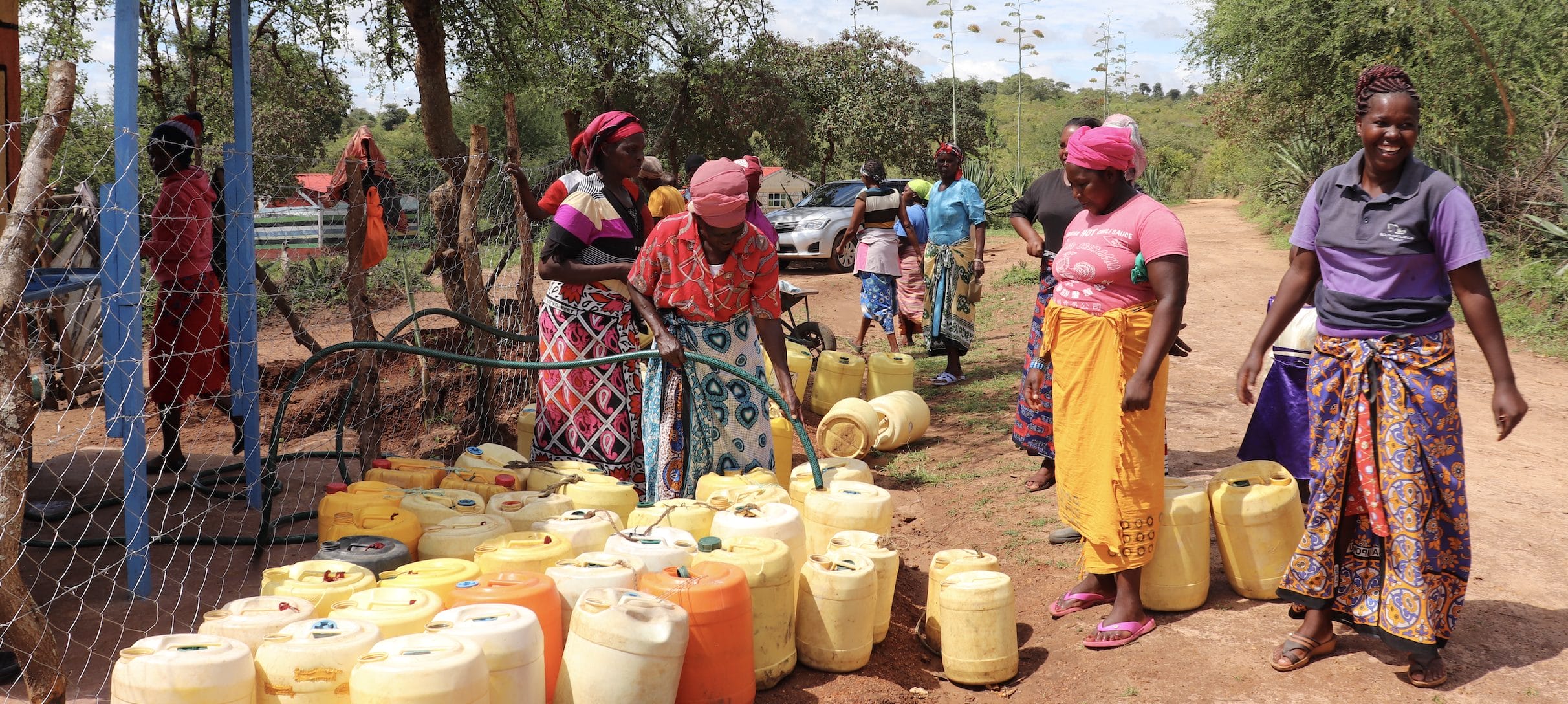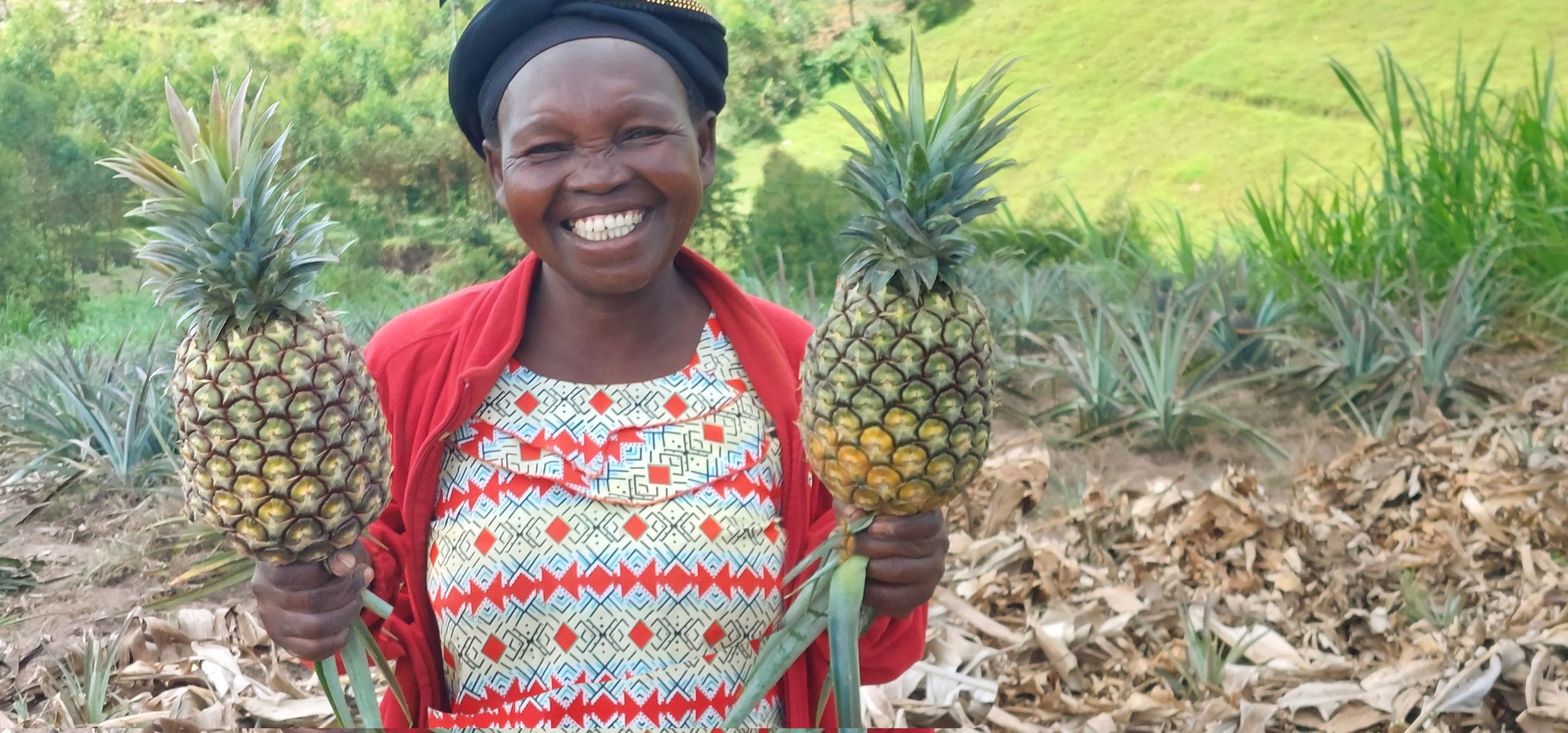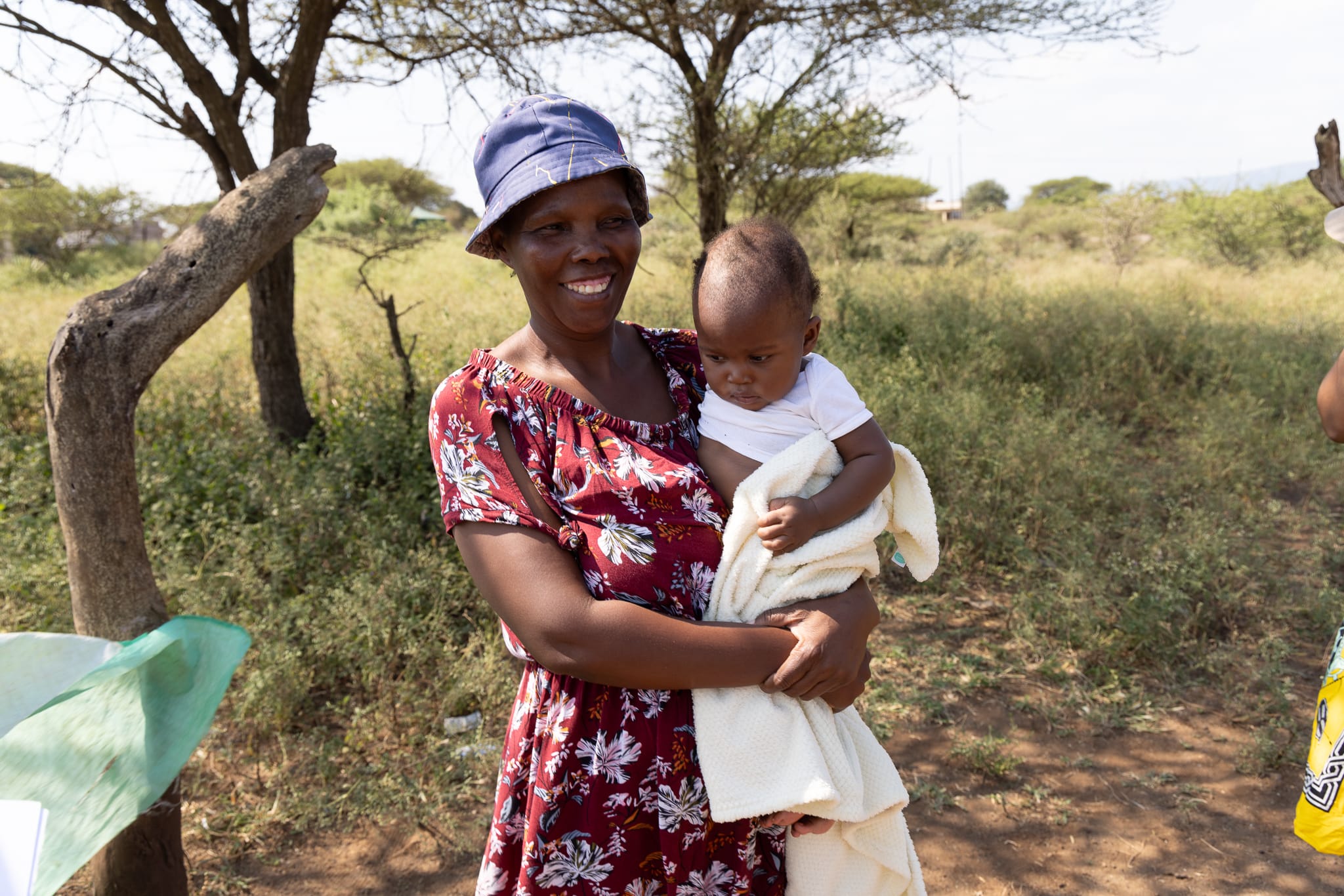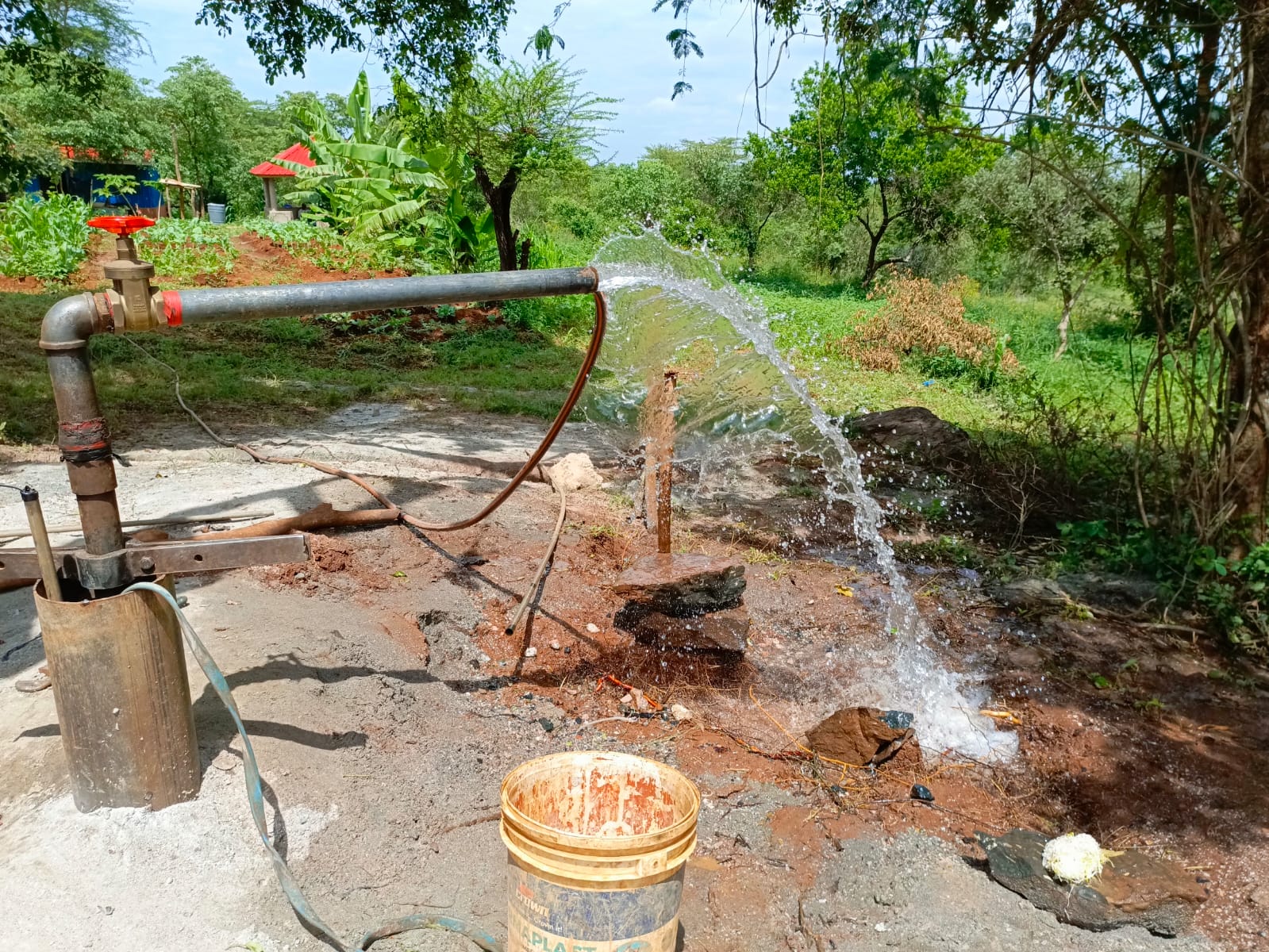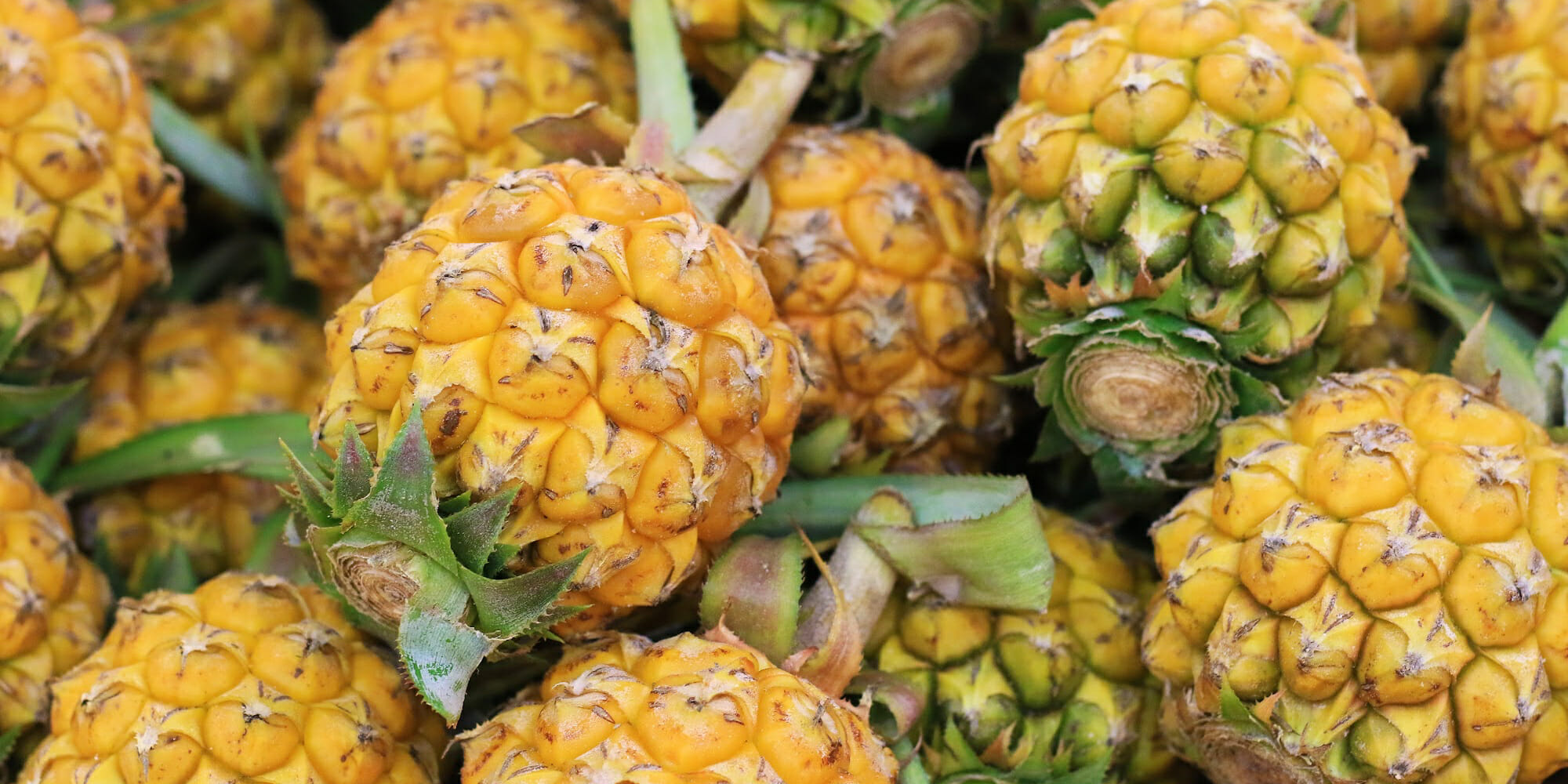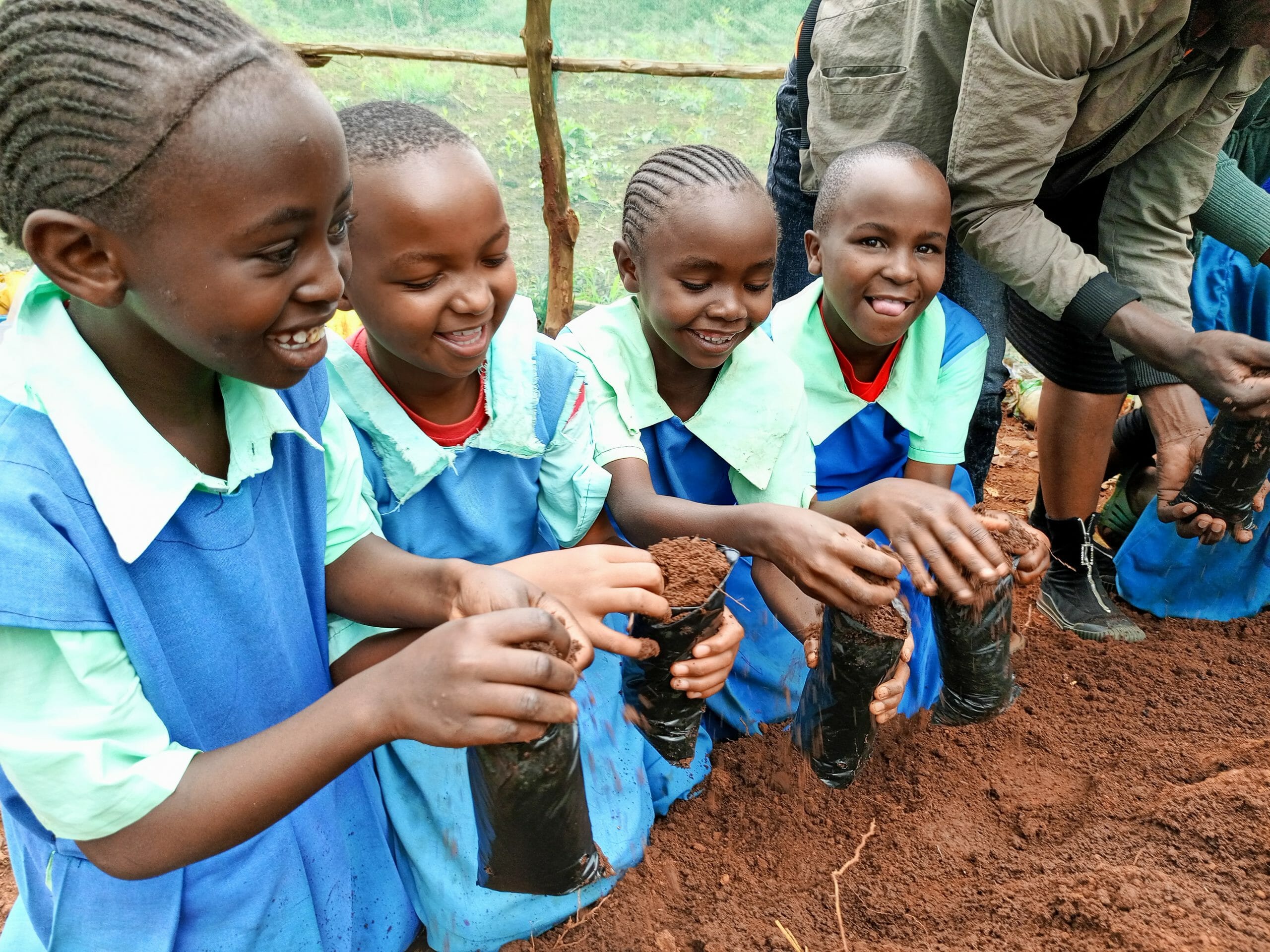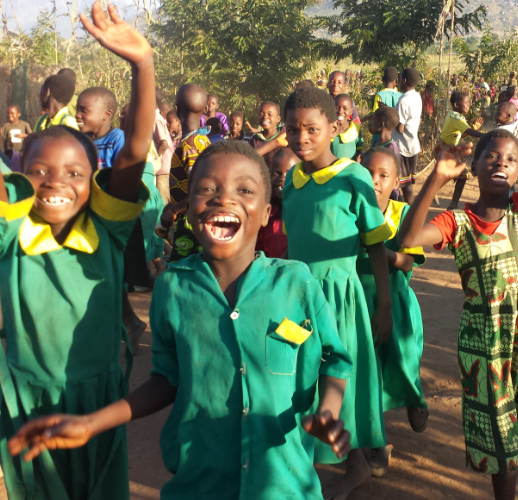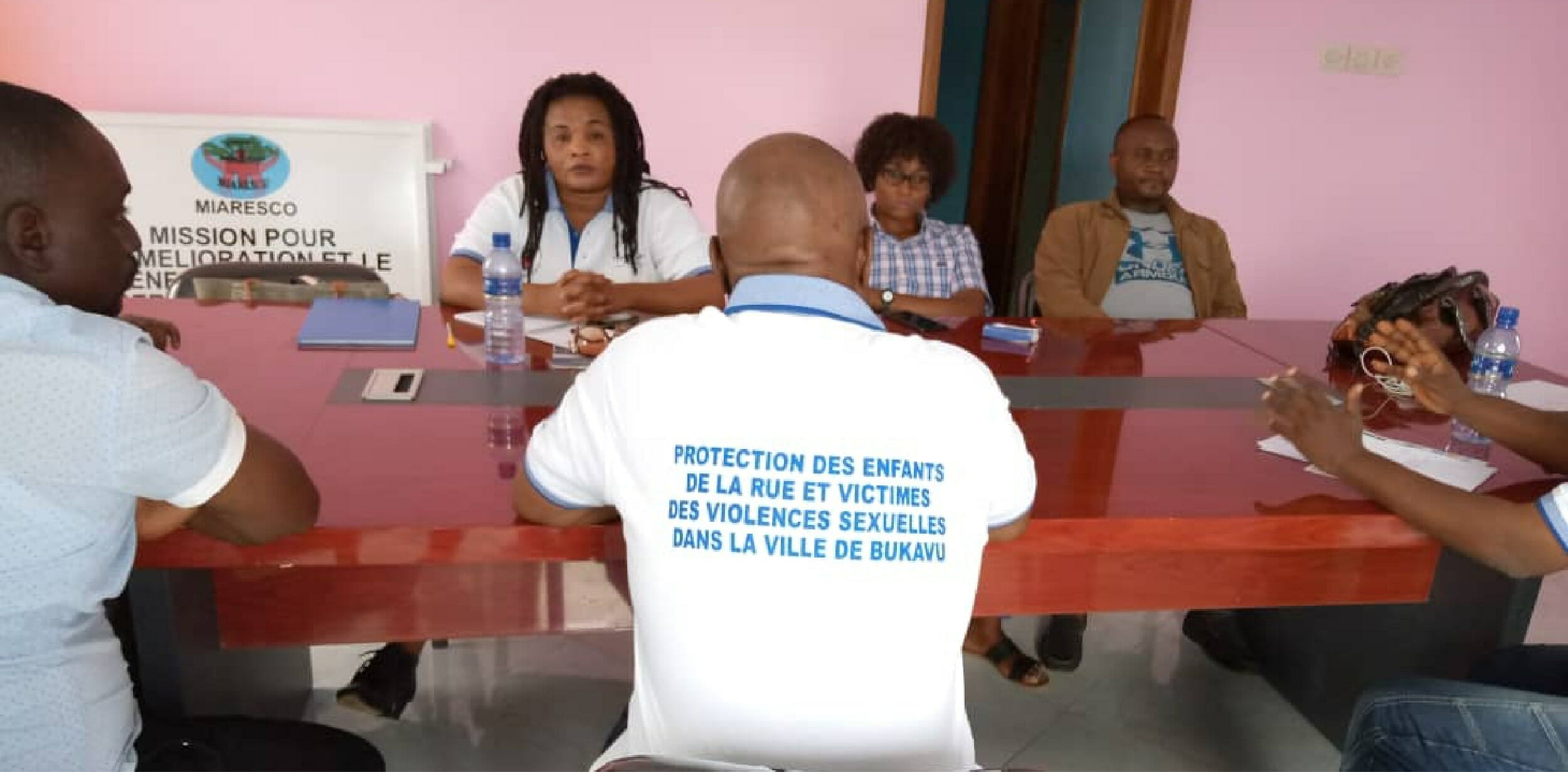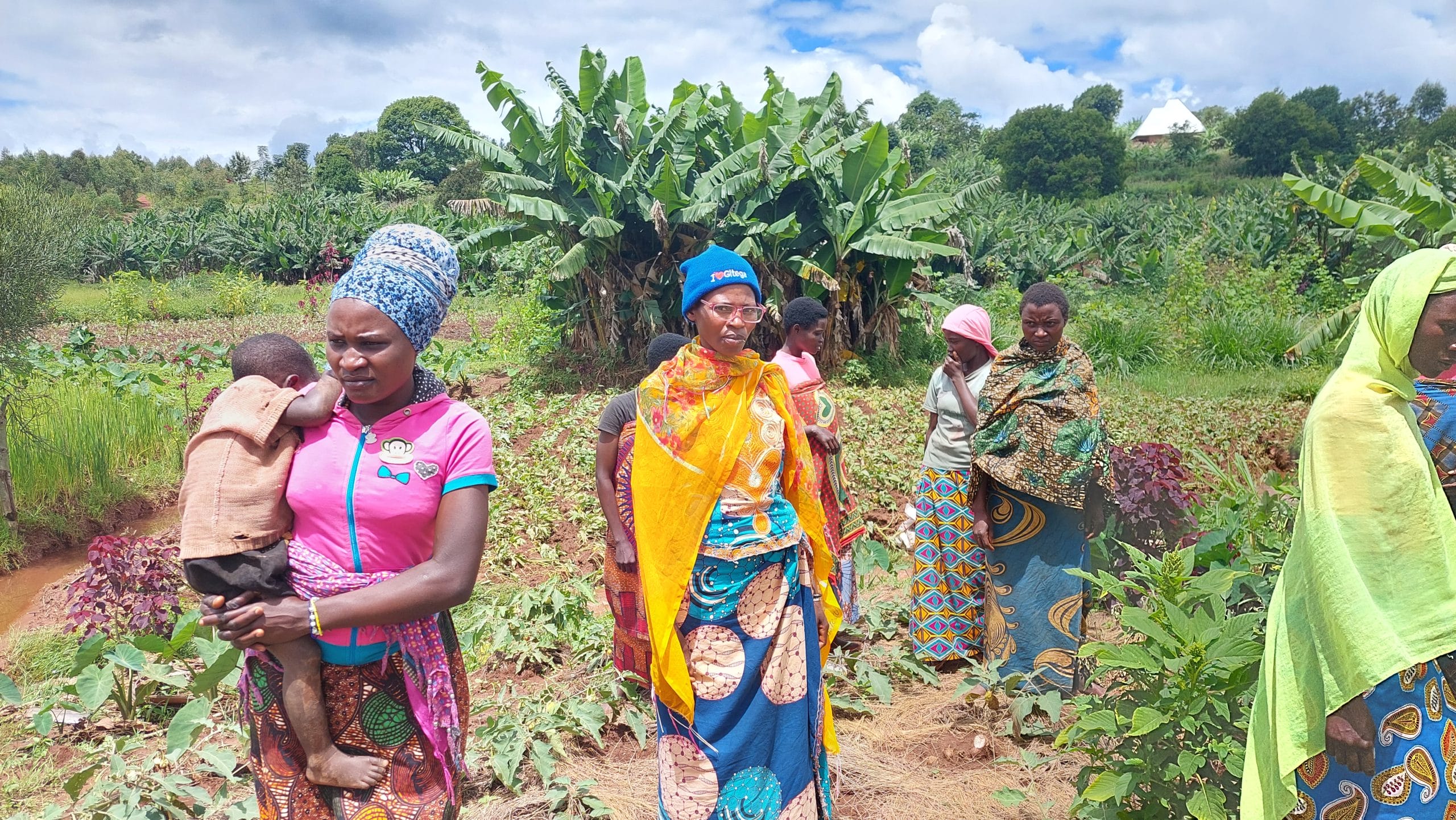
Espérance’s Chance at Hope
By being part of this project Espérance is now able to offer her children a more healthy, safe and secure life and an education that will give them more opportunities to become parents who can do the same and more for their own children.

